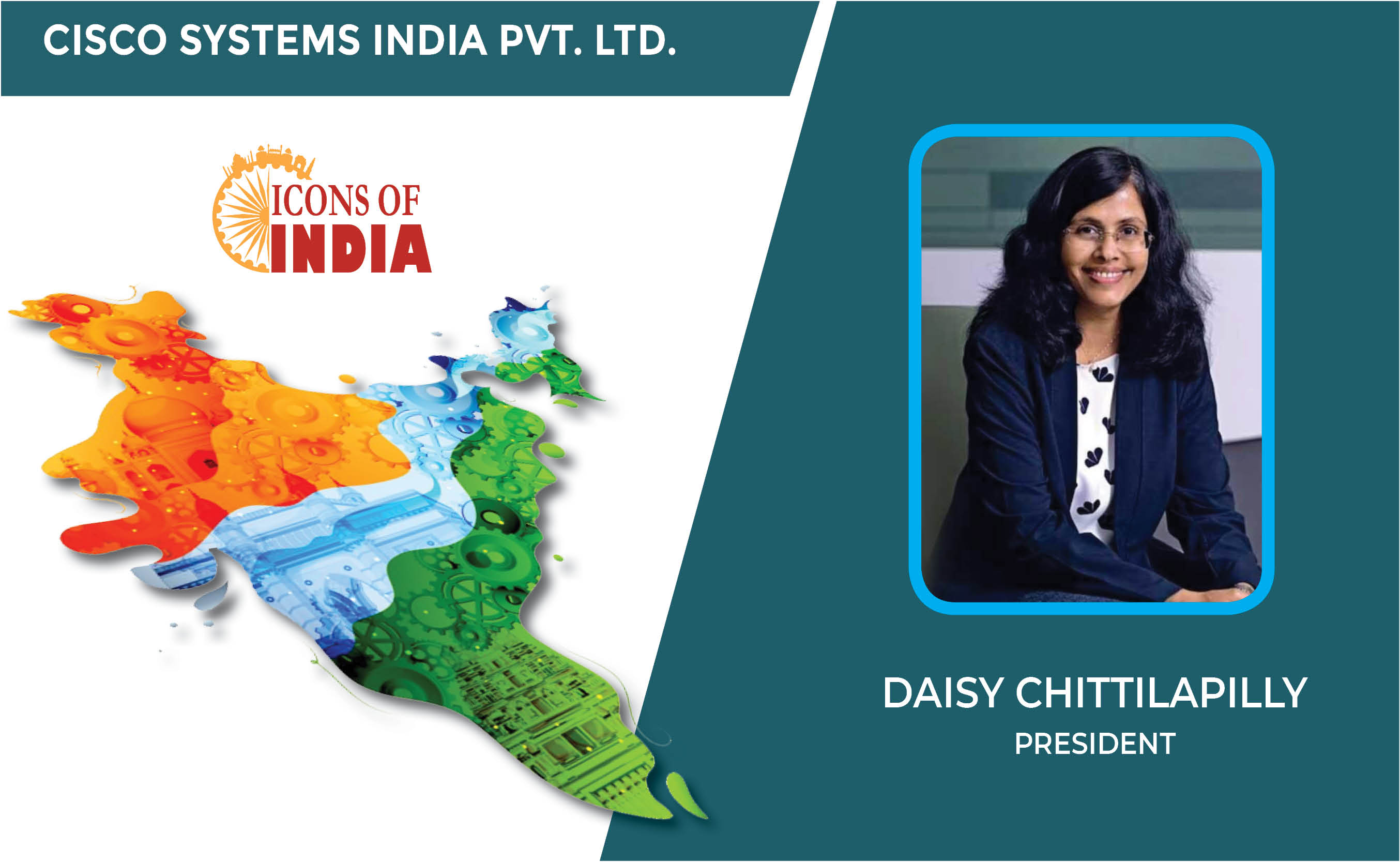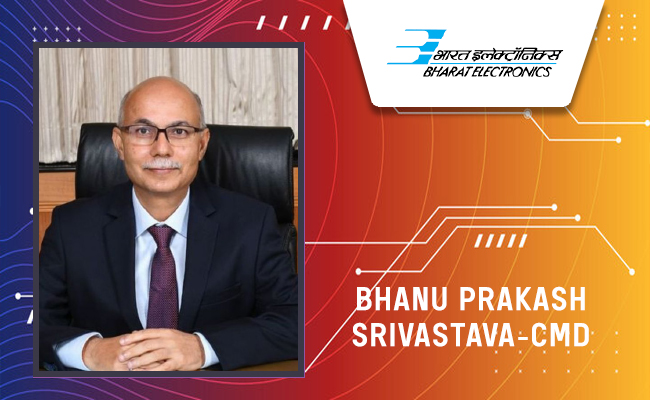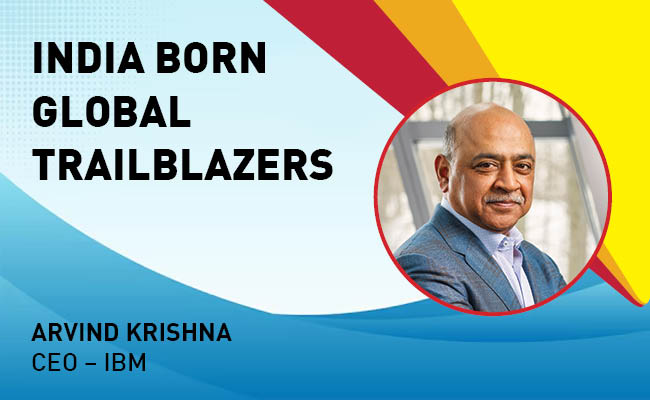By 2027, 40% of GenAI solutions to be multimodal predicted by Gartner
By MYBRANDBOOK

Gartner predicts that by 2027, 40% of generative AI (GenAI) solutions—up from 1% in 2023—will be multimodal. The transition from single-mode to multimodal models offers improved AI-human interaction as well as a chance to distinguish GenAI-enabled products. Multimodal GenAI is one of two technologies identified in the 2024 Gartner Hype Cycle for Generative AI.
Erick Brethenoux, Distinguished VP Analyst at Gartner, said, “As the GenAI market evolves towards models natively trained on more than one modality, this helps capture relationships between different data streams and has the potential to scale the benefits of GenAI across all data types and applications. It also allows AI to support humans in performing more tasks, regardless of the environment.”
Along with open-source large language models (LLMs), both technologies have high impact potential on organizations within the next five years.
Among the GenAI innovations Gartner expects will reach mainstream adoption within 10 years, two technologies have been identified as offering the highest potential – domain-specific GenAI models and autonomous agents.
Multimodal GenAI
Multimodal GenAI will have a transformational impact on enterprise applications by enabling the addition of new features and functionality otherwise unachievable. The impact is not limited to specific industries or use cases, and can be applied at any touchpoint between AI and humans. Today, many multimodal models are limited to two or three modalities, though this will increase over the next few years to include more.
Open-source LLMs
Open-source LLMs are deep-learning foundation models that accelerate enterprise value from the implementation of GenAI, by democratizing commercial access and allowing developers to optimize models for specific tasks and use cases. Additionally, they provide access to developer communities in enterprises, academia and other research roles that are working toward common goals to improve and make the models more valuable.
Domain-specific GenAI models
Domain-specific GenAI models are optimized for the needs of specific industries, business functions or tasks. They can improve use-case alignment within the enterprise, while delivering improved accuracy, security and privacy, as well as better contextualized answers. This reduces the need for advanced prompt engineering compared with general-purpose models and can lower hallucination risks through targeted training.
Autonomous agents
Autonomous agents are combined systems that achieve defined goals without human intervention. They use a variety of AI techniques to identify patterns in their environment, make decisions, invoke a sequence of actions and generate outputs. These agents have the potential to learn from their environment and improve over time, enabling them to handle complex tasks.


Nazara and ONDC set to transform in-game monetization with ‘
Nazara Technologies has teamed up with the Open Network for Digital Comme...

Jio Platforms and NICSI to offer cloud services to government
In a collaborative initiative, the National Informatics Centre Services In...

BSNL awards ₹5,000 Cr Project to RVNL-Led Consortium
A syndicate led by Rail Vikas Nigam Limited (abbreviated as RVNL), along wi...

Pinterest tracks users without consent, alleges complaint
A recent complaint alleges that Pinterest, the popular image-sharing platf...


Icons Of India : Daisy Chittilapilly
Daisy Chittilapilly is the President of Cisco’s India and SAARC regi...

Icons Of India : RAJENDRA SINGH PAWAR
Rajendra Singh Pawar is the Executive Chairman and Co-Founder of NIIT ...

ICONS OF INDIA : SANJAY GUPTA
Sanjay Gupta is the Country Head and Vice President of Google India an...


BEL - Bharat Electronics Limited
BEL is an Indian Government-owned aerospace and defence electronics co...

IREDA - Indian Renewable Energy Development Agency Limited
IREDA is a specialized financial institution in India that facilitates...

DRDO - Defence Research and Development Organisation
DRDO responsible for the development of technology for use by the mili...


Indian Tech Talent Excelling The Tech World - Dheeraj Pandey, CEO, DevRev
Dheeraj Pandey, Co-founder and CEO at DevRev , has a remarkable journe...

Indian Tech Talent Excelling The Tech World - ARVIND KRISHNA, CEO – IBM
Arvind Krishna, an Indian-American business executive, serves as the C...

Indian Tech Talent Excelling The Tech World - PADMASREE WARRIOR, Founder, President & CEO - Fable
Padmasree Warrior, the Founder, President, and CEO of Fable, is revolu...